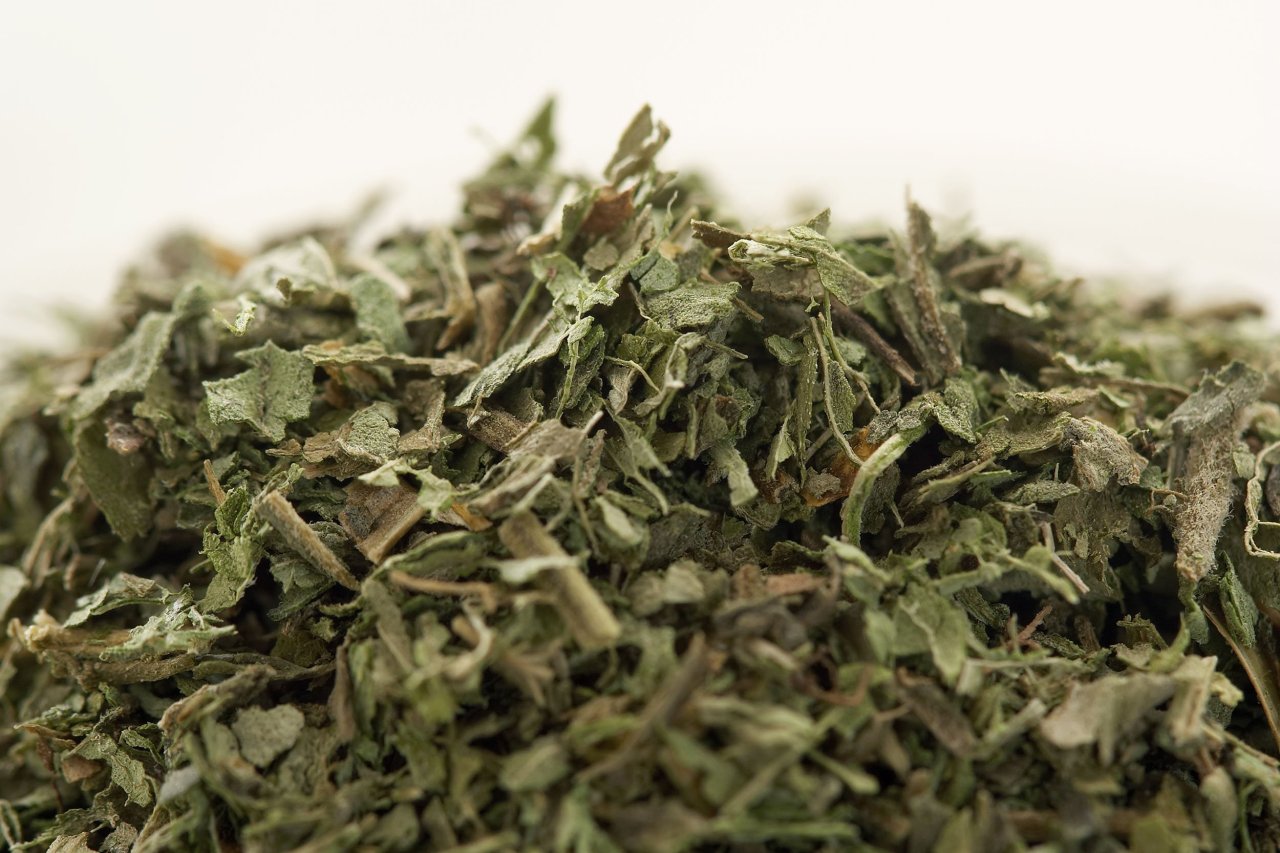By now, it's well known that sugar is a health villain. But it's not easy to pull a sweet tooth, which is why food and beverage manufacturers have been looking for a delicious but noncaloric sugar replacement for years.
Stevia is one of the latest and greatest of these efforts. It comes from a leafy green plant called Stevia rebaudiana , found in Paraguay and Brazil, where it has been used for centuries not only as a sweetening agent, but also in traditional medicine as a treatment for burns, colic and stomach problems, as well as a contraceptive. The plant's leaves contain compounds called steviol glycosides that make it 200 to 400 times sweeter than table sugar (sucrose). Unlike sucrose, though, stevia doesn't cause a spike in a person's blood sugar levels. Stevia also comes without calories or carbs.
But "candyleaf," as locals call it, has one major drawback: a bitter aftertaste, which is OK in small doses, but in high amounts can wipe out the sweetness. For example, when Coca-Cola tried to develop a stevia-based soda, they couldn't quite make it work. It ended up with "Life," a concoction that uses a bit of stevia, but also contains enough cane sugar to maintain the sweetness consumers expect from their cola—and which is why Coca-Cola Life has only about 50 fewer calories a serving than Coke Classic.
Recently, though, Samriddh Mudgal, a food engineer now at John Bean Technologies, and a group of scientists at Cornell University's International Crop and Weed Garden came up with what might be a way to rid stevia of this bitter handicap. The team first isolated the part of stevia that stimulates the bitter receptors on the surface of the human tongue.
Once they figured that out, the team came up with a way to keep the compound from generating that bitter taste. They added a natural protein to the stevia that prevents the bitter receptors from physically attaching to steviol glycosides' bitter compounds. They then successfully tested the newly engineered stevia in orange juice. The findings were published this past October in the journal Food Chemistry .
Added sugar is responsible for 350 extra calories in the average American's daily diet, and is a prime culprit in the obesity epidemic in the U.S. According to the Centers for Disease Control and Prevention , 34.9 percent of U.S. adults are obese; 17 percent of all children and adolescents ages 2 to 18 years are as well. Obesity leads to an increased risk for many chronic health issues, ranging from heart disease and stroke to certain cancers. So a finding a calorie-free replacement could be a public health game-changer.
"It sounds like they may have solved the conundrum of this bitterness," says Lisa Lefferts, a senior scientist at the Center for Science in the Public Interest, a nonprofit consumer advocacy group. "Americans consume way too much sugar, it's absolutely a problem and they need to cut back. We recommend consumers avoid some of the artificial sweeteners they are using in place of sugar, such as aspartame and acesulfame-potassium. By switching to a low-calorie sweetener such as this product, it would be a huge step forward."
Stevia was already on the rise; before the re-engineering, the consulting company Zenith International predicted sales would increase from $304 million in 2013 to $409 million by 2016. And now that they've knocked out the plant's bitterness, the research team believes the beverage industry, along with manufacturers of all sorts of foods, may make stevia the new normal when it comes to sweeteners. Because stevia is already considered "generally recognized as safe" by the Food and Drug Administration, it'll also be relatively quick to market; Mudgal says it could be in your two-liters in about two years.






















